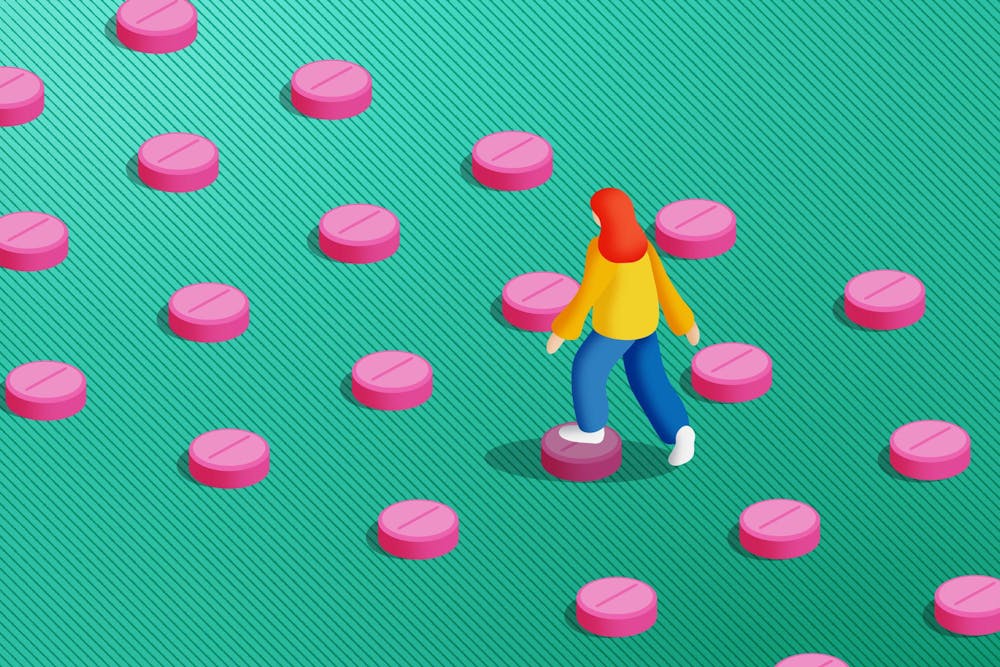On July 31, Gov. Roy Cooper announced that North Carolina Medicaid will now cover an over-the-counter contraceptive pill at no cost to Medicaid users.
The Food and Drug Administration approved Opill, the first contraception available without a prescription, on July 13 of this year. Opill is a progestin-only birth control pill, meaning it must be taken at the same time every day. With correct use, it is 98 percent effective at preventing pregnancy, according to Planned Parenthood South Atlantic spokesperson Molly Rivera.
“In order to understand Opill getting covered, I think it's really important to understand what came first,” Jill Sergison, the co-founder of Points True North Consulting, said.
In 2021, the North Carolina General Assembly passed a law that authorizes pharmacists to prescribe oral and transdermal contraception, commonly known as the patch and the pill.
The patch, pill and other birth control methods are covered by NC Medicaid, but the counseling time required for pharmacists to assess clients' medical eligibility for birth control was not. At this point, pharmacists could prescribe contraception, but often didn't because the counseling services were time-consuming and they weren't reimbursed, Sergison said.
Sergison and Catherine Read, the other co-founder, worked with the North Carolina Department of Health and Human Services to expand NC Medicaid coverage to cover counseling services. In January, NCDHHS announced that pharmacists can enroll as Medicaid providers, allowing them to be reimbursed for their clinical services.
Since then, state health director Elizabeth Cuervo Tilson said NCDHHS has worked to ensure that pharmacies across the state enroll as NC Medicaid providers. There is now at least one participating pharmacy in 93 counties; participating pharmacies can be found at NCpharmacyfinder.com.
But, Tilson said the NCDHHS has wanted to further expand access to contraception beyond authorizing pharmacists to prescribe contraception.
“Now Medicaid will pay for the over-the-counter Opill, so someone can walk into a Walgreens or a pharmacy, take the Opill off the shelf and just be able to bring it back to the pharmacy counter and bill Medicaid for it,” she said.




